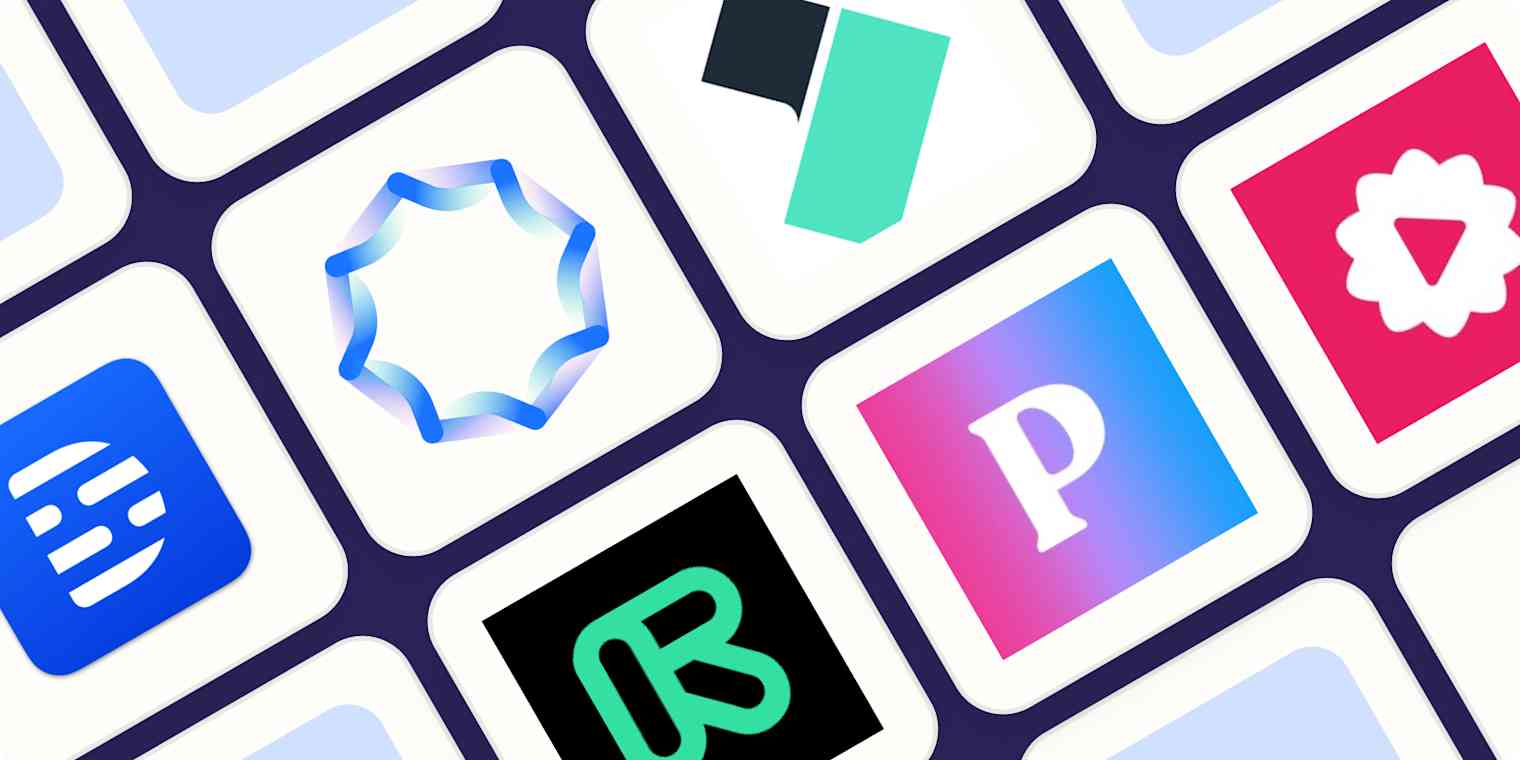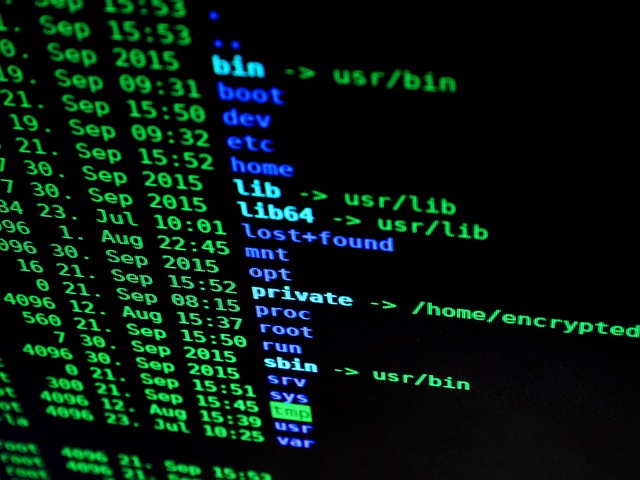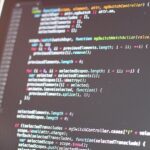Is your testing process agile enough to keep up with complex modern software? Are you struggling to maintain the quality of your software amid fast-paced innovations? Have you considered how AI-powered software testing could streamline your development processes? These questions lie at the heart of a shifting paradigm in software development and testing.
Quality assurance in software development is beleaguered by increasingly complex systems and compressed development cycles. A study from infoworld showed that traditional testing methods are failing to keep up with contemporary development methodologies like agile and DevOps. The solution is AI automation. A McKinsey report suggests that AI-powered software testing could be the answer to these challenges, enabling fast, high-quality software production by automating the time-consuming parts of testing and allowing testers to focus on higher-level tasks.
In this article, you will learn about the transformative capacities of AI-powered software testing. You will dive into how various industries have begun implementing AI-driven automation in their software testing departments. This trend is driven by the demand for efficiency and accuracy in a fast-paced tech world. The article will discuss the benefits of AI automation, from improved speed and accuracy to enabling a continuous testing approach that aligns with modern development practices.
Furthermore, you’ll understand how leveraging AI in software testing can revolutionize your development and approval processes and reduce the workload of your team, allowing you to focus on what matters most: delivering quality software.

Basic Definitions in AI-Powered Software Testing and Automation
AI-Powered Software Testing: This is the application of artificial intelligence technology in the evaluation of a software’s performance. It uses system-generated data and learning algorithms to detect errors or inconsistencies in a program, thereby enhancing the effectiveness and accuracy of software testing procedures.
Automation: This is the use of automatic equipment in a system of production or other process. In software testing, automation is the use of specialized tools to perform specific tasks that would otherwise require human intervention. These tasks range from initiating test cases to comparing results and generating reports.
Companies Incorporating Automation: This refers to businesses that are leveraging automation technology in their operations. In software testing, such companies employ automated tools to seamlessly inspect their software or applications, reducing the time required for manual testing and increasing productivity.
Crack the Success Code: The Pioneering Role of AI-Powered Software Testing in Transforming Companies
The technological era has given rise to innovative practices in various industries, with Artificial Intelligence (AI) spearheading this movement. One sector immensely impacted by AI’s revolutionary approaches is software testing. In a world where digital platforms are critical to business transactions, flawless software functionality is pivotal. The birth of AI-Powered software testing illuminates the unprecedented drive toward integrating next-gen technology to ensure high-quality, reliable software needed in modern business.
Companies Capitalizing on AI-Powered Software Testing
Many forward-thinking companies have begun to leverage AI-Powered software testing to scale their operations rapidly. The use of AI-based analytical tools enables these organizations to drastically improve their software’s functionality by identifying bugs and faults that may have slipped through traditional manual testing methods. Companies such as Microsoft and IBM have implemented this technology, leading to more efficient testing, increased reliability and higher-quality software. Furthermore, many startups are now focusing on AI-Powered software testing as their niche offering, reshaping how businesses conduct software testing in harmful environments.
Benefits of AI-Powered Software Testing
AI-Powered software testing offers a multitude of benefits. These advantages are evident not just at the user-end, but across the software development and business continuity planning stages as well. One of the most outstanding benefits lies in AI’s predictive capability, which helps foresee potential errors or faults, resulting in proactive problem-solving.
- Efficiency: AI-powered testing works significantly faster than traditional manual methods.
- Accuracy: AI minimizes the occurrence of human error, leading to accurate and quality results.
- Cost-effective: An AI testing system, once set, requires less manpower, thereby saving costs.
- Reliability: AI provides consistent testing results, ensuring software quality and reliability.
These benefits are propelling companies to adopt AI-Powered software testing, proving the value in transforming traditional software testing practices towards more technologically-advanced, accurate and efficient methods.
With the progression of AI technology, AI-Powered software testing is expected to become even more sophisticated and refined, further enhancing the functionalities and capabilities of software products. Although still relatively in its early phase, AI-powered software testing signifies the dawn of an innovative drive in software testing, marking the path toward the future of modern business operations.
Revolutionizing Business Strategies: How Automation has Breathed Life into AI-Powered Software Testing
How does AI Shape the Future of Software Testing?
In the increasingly tech-driven business landscape, can companies afford to rely solely on traditional software testing methods? The key idea here is the transformational role of AI in software testing. As digital transformation becomes a business imperative, the efficacy and effectiveness of software testing become crucial. However, conventional software testing techniques are plagued by challenges such as high costs, significant time consumption, and inability to adapt to changes rapidly. This is where Artificial Intelligence (AI) steps in. It not only heightens the accuracy and speed of testing but also introduces automation, significantly reducing human intervention and hence, making the process cost-effective and efficient.
Challenges in Conventional Software Testing
The sturdy edifice of software testing is ridden with cracks – the most glaring of these is the lack of efficiency. This primarily stems from the enormous time and human resources invested in the process, only to result in less than optimum results. Another alarming issue is the inefficiency in identifying and rectifying defects on time. Traditional systems tend to overlook defects at the initial stages of the software development life cycle. These unnoticed defects become severe with time, leading to costly repairs and system failures. Consequently, the product’s time-to-market increases significantly, denting its competitive edge in the fast-paced digital market.
Exemplary Implementations of AI in Software Testing
Breaking free from the shackles of these challenges are those pioneers who’ve harnessed the potential of AI in software testing to scale new heights of success. Take the case of Test.AI, for instance. This entity integrates AI into its system to automate the software testing process. It uses machine learning algorithms to train and instruct the system on how to execute tests, recognize controls, and assess whether the software functions as intended. Apart from freeing up human resources, it also identifies defects at the earliest stages, bringing down the time-to-market considerably. Another shining example is Appvance. This enterprise leverages its AI-driven system, Appvance IQ. The system autonomously generates test cases based on user behavior data sourced from logs. With a keen focus on user experience, the system covers all possible user scenarios, thereby enhancing the efficiency of testing and significantly reducing the time-to-market.
Exploring New Horizons with AI-Powered Software Testing: The Imprint of Automation on Corporate Success
A Bold Vision for Automated Testing
Is the current testing methodology meeting the demands of the ever-evolving tech landscape? Traditional software testing methods, which have served well in the past, are confronted by fast-paced technology advancement and complex IT environments. At the crux of the issue is the resource-intensiveness of manual testing, which cannot efficiently match the speed of agile development cycles. Thus, organizations are seeking more robust solutions to drive rapid innovation without compromising on quality.
The Challenges Along the Path of Transformation
In traditional software testing, the major bottlenecks were the dependence on human resources, the sheer time required for testing, and the error-prone nature of the process. These limitations hindered the pace of software delivery and often led to delays and increased costs. Additionally, the traditional approach left room for inconsistencies due to variable human skill sets. As software complexity grows, these challenges contribute to an inefficiency that businesses can no longer afford to overlook. Hence, the need arises for an innovative solution that can transform the testing domain while maintaining high testing accuracy.
Industry Trailblazers: Interactive Examples
The world has witnessed several trailblazers in the technological space who have fully embraced AI-powered software testing to drive impactful change within the industry. These companies offer some prime examples of best practices on how to successfully navigate the transition to automated testing. Facebook, for instance, uses AI-driven testing to discover and rectify bugs even before the code release. This quick and efficient handling of issues helps them maintain their pace of software delivery.
Additionally, Netflix uses a set of automated testing tools to check the performance, security, and stability of their applications. This enables them to consistently deliver an enhanced viewing experience to their vast consumer base.
Moreover, Amazon has leveraged AI to enhance their testing capabilities, facilitating faster and more accurate testing of their applications. As a result, they have significantly improved the reliability of their software, which ultimately contributes to better customer experiences.
These examples depict how companies can make a powerful impact by making the smart choice of transitioning to AI-powered automated testing. This shift not only accelerates their software delivery process but also ensures higher quality and reliability of the software, thus defining the future of software testing.
Conclusion
Are we truly prepared for the growing importance of artificial intelligence in software testing? This fascinating trend is moving at a rapid pace and is offering businesses a much-enhanced approach to ensuring their software is systematically analyzed for both usability and functionality. Companies across various industries are incorporating automation, fundamentally reformulating how software testing is accomplished. This exponential growth of AI in this field not only asserts its significance but also suggests its predicted domination in the coming years.
Our diligent readers, staying updated with these evolving technologies has never been more crucial. We earnestly request you to remain connected with us through this blog to keep up with the transformation happening in the AI world. We constantly strive to bring you the latest trends and insights on various subjects ranging from automation, machine learning to artificial intelligence and software testing. The future of software testing is incredibly exciting, and we would love for you to be part of our journey, exploring this vibrant tech landscape.
We understand the anticipation for new releases and breakthroughs in this area can be overwhelming. We assure you that our dedicated team is working hard to bring you insights on those as soon as they hit the tech world. Mark your calendars and keep an attentive eye on our blog. We promise to make your wait worthwhile with our precise, detailed, and comprehensive analysis on each new release, and answers to all the fascinating queries it will bring along. Buckle up and get ready for an exciting journey into the future of software testing!
F.A.Q.
1. What is AI-powered software testing?
AI-powered software testing refers to the use of artificial intelligence to automate the process of finding defects or issues in a software application. Through machine learning algorithms, AI can predict possible issues, thereby increasing efficiency and the capability to test complex data sets.
2. What are the reasons behind companies incorporating automation in software testing?
By automating the process, companies can significantly reduce manual labor, resulting in both time and cost savings. Moreover, automation can provide improved accuracy and reliability, reducing the chances of human error.
3. How does AI-powered software testing work?
AI-powered software testing employs multiple algorithms and predictive analytics to identify potential issues in the system. It learns from past testing processes and uses this data to predict and identify software defects more efficiently and accurately.
4. What are some examples of AI-powered software testing tools?
Some popular AI-powered software testing tools include Testim, Appvance, Test.ai, Sealights, and Functionize. These use machine learning and AI algorithms to streamline and enhance the software testing process.
5. What are the benefits and limitations of AI-powered software testing?
AI-powered software testing offers numerous benefits like improved accuracy, efficiency, cost savings, and the ability to handle complex data sets. However, it also comes with limitations, like the inability to comprehend human sentiment and the complexity of setting up AI algorithms for specific testing requirements.


